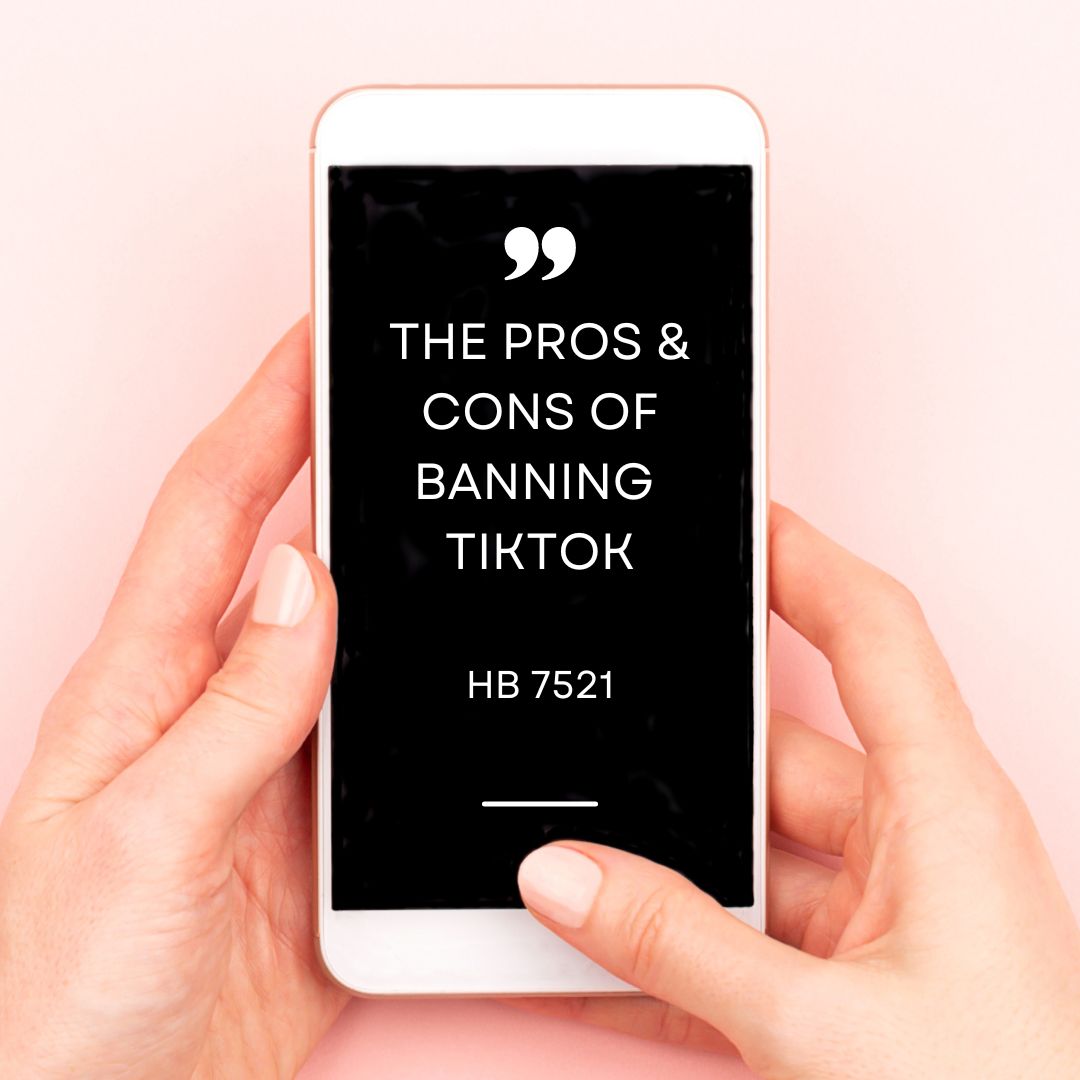TikTok, a popular social media platform known for its short-form videos, has garnered immense popularity worldwide. However, it has also faced controversies and concerns regarding data privacy and security.
This bill, known as House Bill 7521, introduces a prohibition on distributing, maintaining, or providing internet hosting services for certain applications, such as TikTok, that foreign adversaries control. However, there are exceptions to the prohibition if a covered application executes a qualified divestiture as determined by the President.
The bill grants the Department of Justice the authority to investigate and enforce violations, with civil penalties imposed on entities based on the number of users affected. Additionally, the bill requires covered applications to provide users with their account data upon request before the prohibition takes effect.
The U.S. Court of Appeals for the District of Columbia has exclusive jurisdiction over challenges to the bill, and there are specific time limits for filing challenges. As discussions arise about the ban of TikTok, it is crucial to explore the potential pros and cons associated with such a decision.
Pros of Banning TikTok
- Data Privacy and Security
One of the primary concerns surrounding TikTok is its potential to collect and mishandle user data. Banning TikTok could mitigate the risk of data breaches, protecting users’ personal information and privacy.
- National Security
TikTok’s parent company, ByteDance, is based in China, leading to concerns regarding the Chinese government’s influence over the app. Banning TikTok could reduce the potential for foreign entities to access and exploit sensitive information of users, thereby safeguarding national security interests.
- Content Moderation
TikTok has faced criticism for inadequate content moderation, with concerns over inappropriate or harmful content, including cyberbullying and hate speech. Banning TikTok would remove the platform’s negative influence, potentially leading to a safer online environment for users, particularly younger audiences.
- Promoting Alternatives
Banning TikTok could encourage the development and growth of domestic or alternative social media platforms. This could foster healthy competition, innovation, and increased choice for users while promoting platforms that prioritize data privacy and security.
- Attention Span of Children
A potential positive outcome of a TikTok ban is that it may contribute to an improvement in the attention span of children. TikTok’s addictive nature and short-form content have been criticized for potentially reducing attention spans and decreasing the ability to focus for extended periods. With a ban on TikTok, children might be encouraged to engage in activities that require sustained attention, such as reading books, pursuing hobbies, or participating in outdoor activities. This shift could lead to the development of stronger concentration skills and the cultivation of more well-rounded interests among children.
Cons of Banning TikTok
- Freedom of Expression
TikTok serves as a platform for creative expression, allowing individuals to share their talents, ideas, and opinions. Banning TikTok could be viewed as an infringement on freedom of speech, limiting the ability of users to express themselves and connect with a global audience.
- Economic Impact
TikTok has created an ecosystem of content creators, influencers, and businesses that rely on the platform for promotion and revenue generation. A ban on TikTok could disrupt this ecosystem, impacting many individuals’ and companies’ livelihoods and economic opportunities.
- International Relations
A ban on TikTok could strain international relations, particularly with China. The Chinese government has a history of being protective of its domestic companies and could view a ban on TikTok as an unfair and discriminatory measure. This could lead to retaliatory actions or further restrictions on foreign platforms operating within China, resulting in a more fragmented global internet landscape.
- User Experience and Entertainment
TikTok offers users an engaging and entertaining experience, with a range of content spanning various interests. Banning TikTok would deprive users of this unique form of entertainment and community, potentially leading to a void that alternative platforms cannot easily fill.
The decision to ban TikTok is complex, with potential benefits and drawbacks to consider. While concerns regarding data privacy, national security, and content moderation are valid, it is essential to balance them against the principles of freedom of expression, economic impact, and international relations.
Finding a middle ground that addresses these concerns while preserving the positive aspects of TikTok may be a more viable solution, such as implementing robust data privacy regulations, strengthening content moderation practices, and fostering competition among social media platforms.







